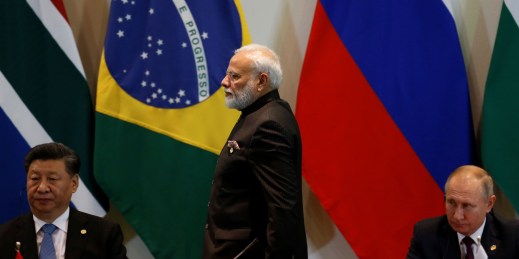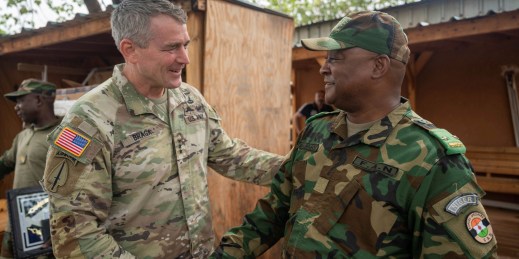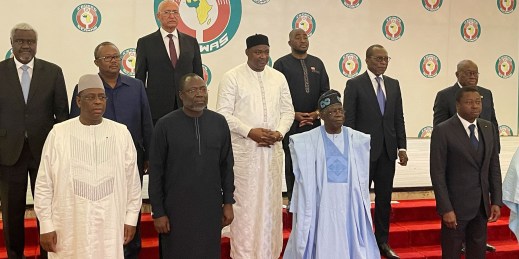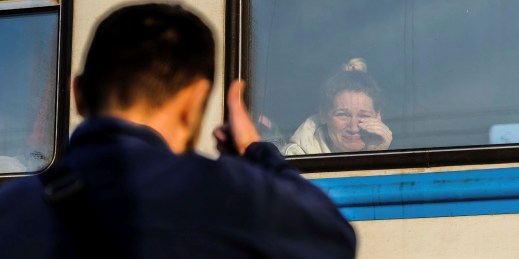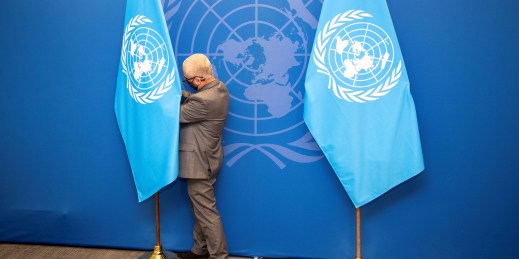
Having essentially stumbled into the business of being an analyst and commentator on multilateral matters by chance, I often feel uncomfortable offering others career advice. But if I cannot be of much help as a career planner, what I’ve learned over the past two decades does allow me to offer some tips about how to be a policy wonk.

